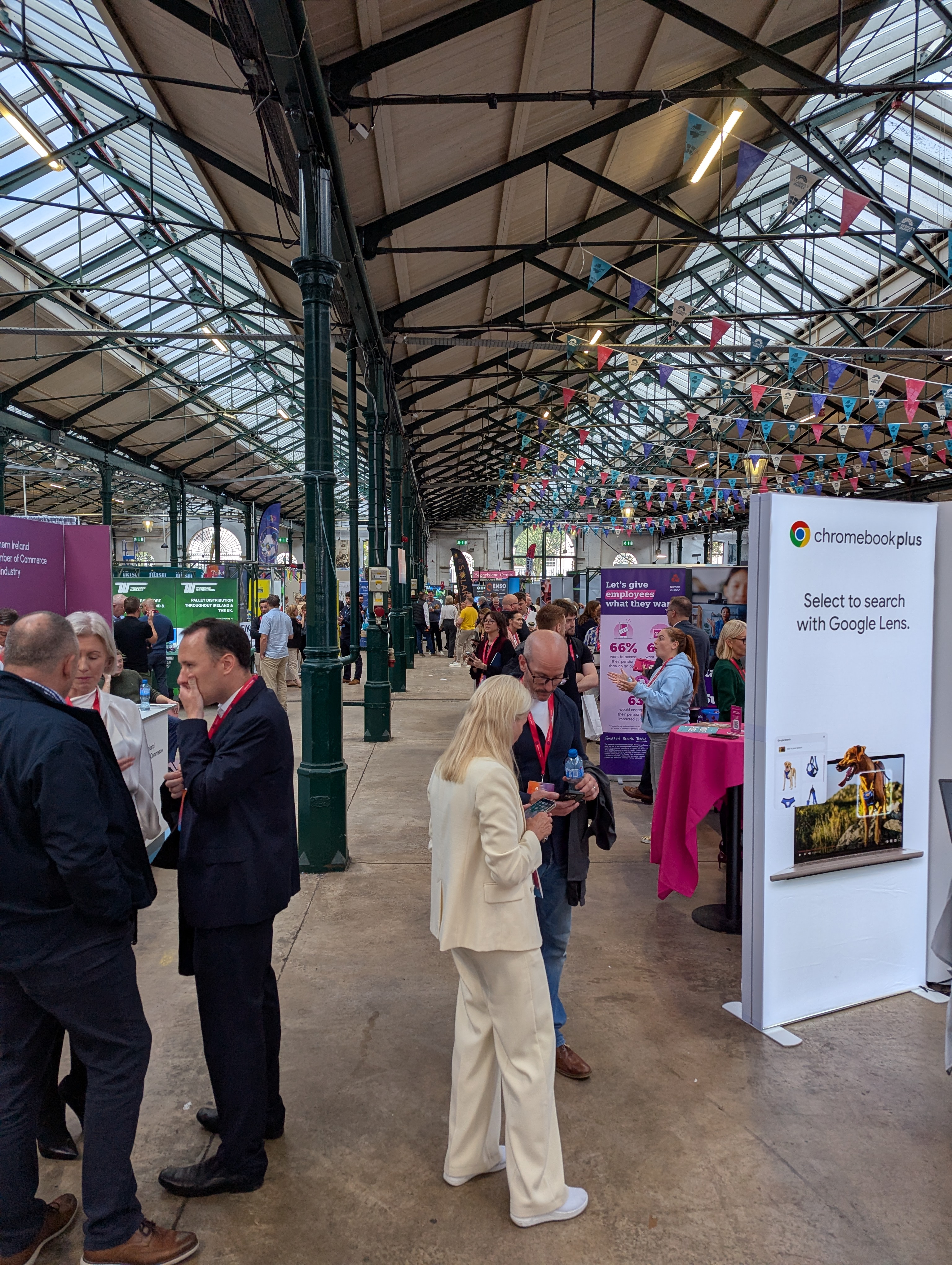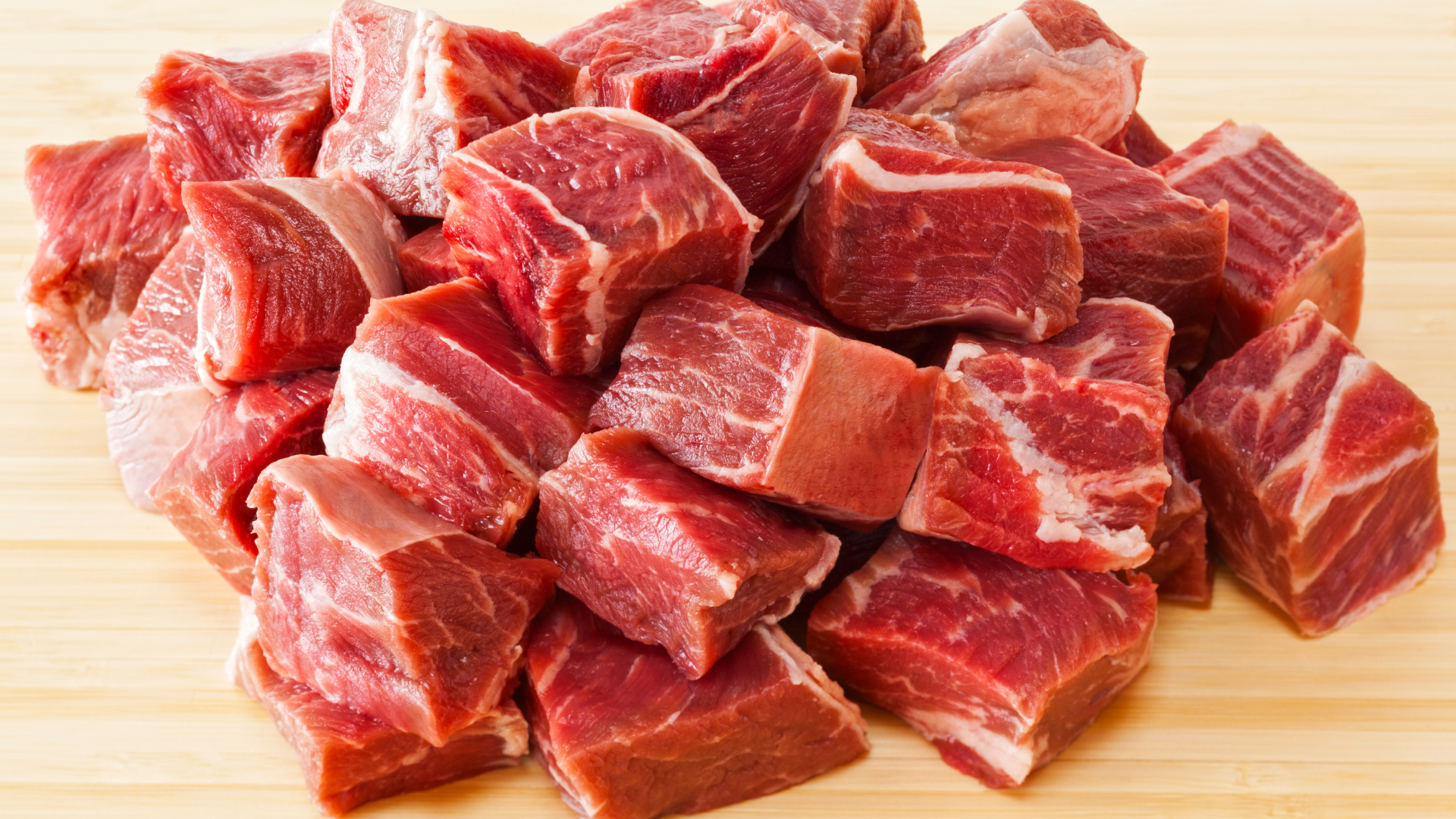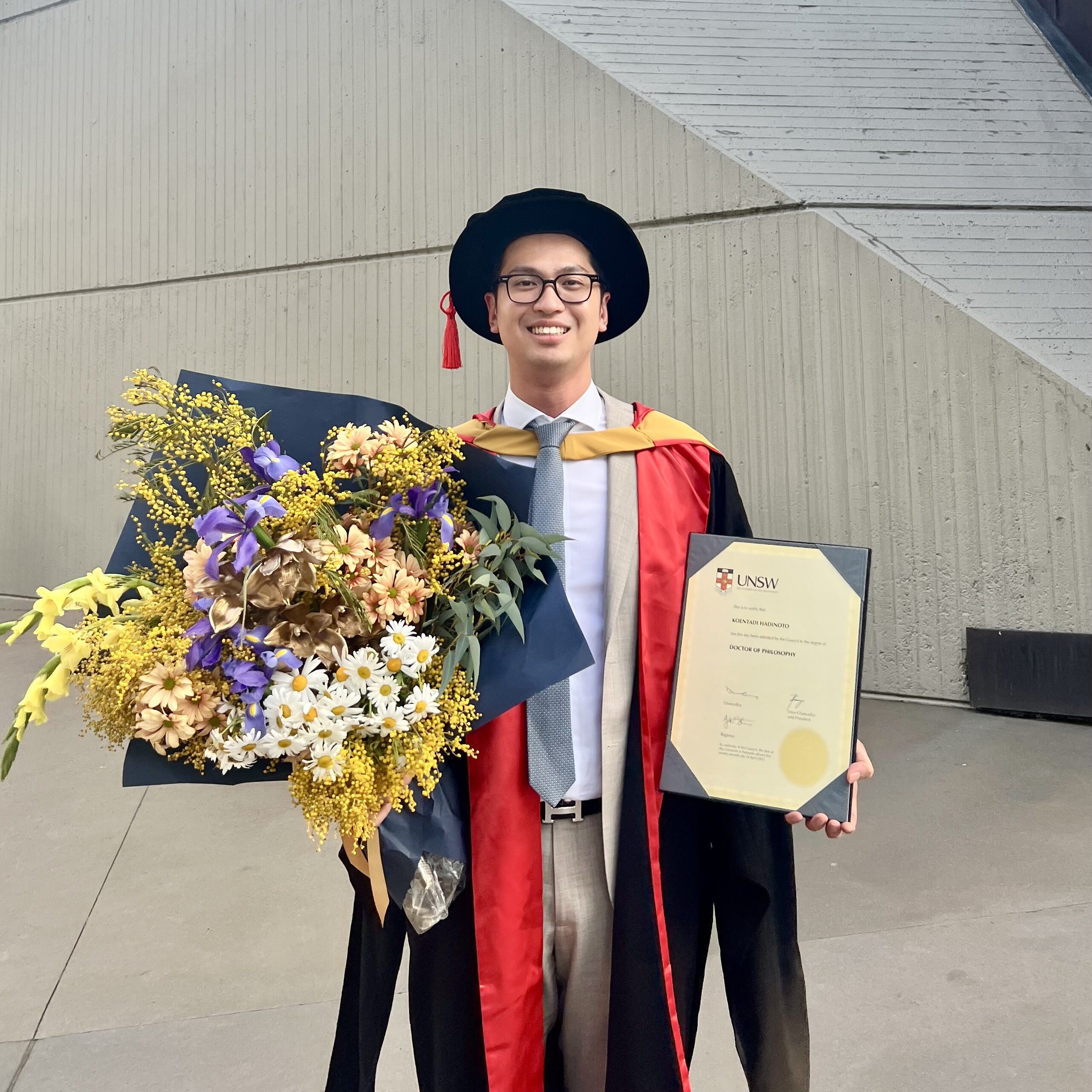Senior Innovation Implementation Specialist, Cathy Halliday, examines the various forms of the evolving tech and how it can improve your business.
Artificial intelligence (AI) is rapidly reshaping industries across the globe and the food sector is no exception. From enhancing food safety in processing facilities to creating personalised customer experiences at retail, AI has the potential to revolutionise every step of the food supply chain. As consumer demands grow and the need for efficiency becomes more critical, food companies are turning to AI-driven technologies to maintain competition and innovation.
But what is AI, and how is it being adopted in the food industry to drive smarter, more efficient processes from farm to table?
The different kinds of artificial intelligence
Artificial Intelligence comes in various forms, each offering unique capabilities.
Machine learning (ML) allows systems to learn from data and improve over time without needing explicit programming. It excels in tasks like demand forecasting, optimisation, and quality control by analysing large data sets and recognising patterns that might otherwise go unnoticed.
Another significant AI technology is Natural language processing (NLP), this enables machines to understand and interpret human language. NLP is widely used in customer service applications such as chatbots, virtual assistants, and automated support systems, enhancing communication between humans and machines.
Computer vision allows AI systems to process and analyse visual data, such as images and videos, enabling them to recognise objects, assess quality, and automate tasks which require visual interpretation. This technology plays a key role in areas requiring visual recognition and inspection.
Meanwhile, robotics and automation powered by AI are revolutionising processes across various industries, from manufacturing to logistics, by improving efficiency and reducing human error.
Finally, generative AI is an emerging field that can create new content, such as recipes, personalized recommendations, or innovative products. This works by analysing existing data and generating novel outcomes based on trends and preferences.
Where to best apply AI in your supply chain
The food industry is embracing AI at various stages of the supply chain, from farm to fork. Beginning on farm, AI technologies have revolutionised modern agriculture by introducing precision farming, which helps farmers make data-driven decisions. AI-powered drones and sensors are used to monitor crop health, optimise irrigation, and manage resources more efficiently.
For example, companies such as John Deere have developed autonomous tractors and equipment that use computer vision and machine learning to analyse soil quality and predict the best planting and harvesting times. This not only improves yield but also minimises waste and reduces environmental impact.
Within food processing facilities, AI has been widely adopted to enhance efficiency, ensure quality control, and maintain safety standards. Machine learning models are used to predict equipment maintenance needs, minimising downtime and improving overall production efficiency. In factories, computer vision systems are employed to inspect food products for defects, such as discoloration, bruising, or size irregularities. Companies like TOMRA Sorting Food use AI to automate the sorting and grading of fruits and vegetables, ensuring only the highest quality produce reaches consumers.
What is Foods Connected doing with AI?
Foods Connected have also begun an AI project to develop a bespoke generative AI chatbot. We have received funding from Innovate UK, in collaboration with Finnebrogue, Queen’s University Belfast and Bia Analytical for the project. It aims to employ AI to enhance data-driven decision-making within the food industry.
The project will develop a generative AI chatbot that resides within the Foods Connected platform. Using example data, the initial prototype will represent a real-life scenario, whereby users can ask the chatbot questions and receive answers back, ultimately saving time and improving efficiency and decision-making abilities.
In addition, leveraging research from Queen’s University Belfast, Bia Analytical will develop an affordable, rapid test to distinguish the origin of soya using a machine learning model. This test will allow manufacturers like Finnebrogue to verify the origin of soya either in the field or in production facilities, ensuring the authenticity of their supply which is especially important for incoming EUDR legislation. For more details, you can check the full article here.
Other uses of AI in the food industry
AI also is playing a crucial role in streamlining the food supply chain by optimising logistics, managing inventory, and forecasting demand. Predictive analytics tools analyse historical data and current market trends to predict future demand, allowing companies to adjust production schedules and prevent overproduction or shortages. For example, Ocado, a UK-based online grocery retailer, uses AI to manage warehouse operations, optimise delivery routes and ensure that fresh produce reaches customers in the shortest possible time.
Finally, at the retail level, AI is transforming the way consumers interact with food products. Smart shelves, powered by AI, track inventory in real time and automatically notify staff when products need restocking. Retailers are also leveraging AI-powered chatbots and recommendation engines to enhance customer experience. For instance, major grocery chains like Walmart and Carrefour use AI to provide personalised shopping recommendations, meal planning suggestions and nutritional advice based on individual preferences and past purchases.
The future of AI
As AI technologies continue to evolve, their impact on the food industry is expected to grow. There is immense potential for continued innovation and transformation. As AI technologies evolve, they will play an even more significant role in enhancing food safety, optimising supply chains, reducing waste, ensuring sustainability and personalising consumer experiences. AI is shaping the future of how we produce, distribute and consume food. We can expect to see further integration of AI in precision agriculture, automated food production and predictive analytics.
This ultimately will assist companies to meet growing demands while reducing overall environmental impact. As AI becomes more advanced and accessible, it will enable the food industry to be more sustainable, efficient and adaptable. It will help shape the future of how food is grown, processed and distributed worldwide.
If you’d like to know more about our AI projects or learn about we can help with your digital transformation then request a demo today, or contact us to discover how we can keep your food business agile in an ever-changing market.

Cathy Halliday
Stay up to date
Stay up to date
Browse Posts
- February 2026
- January 2026
- December 2025
- November 2025
- October 2025
- September 2025
- August 2025
- July 2025
- June 2025
- May 2025
- April 2025
- March 2025
- February 2025
- January 2025
- December 2024
- November 2024
- October 2024
- September 2024
- August 2024
- July 2024
- June 2024
- May 2024
- April 2024
- March 2024
- February 2024
- January 2024
- December 2023
- November 2023
- October 2023
- September 2023
- August 2023
- July 2023
- June 2023
- May 2023
- April 2023
- March 2023
- December 2022
- November 2022
- October 2022
- September 2022
- August 2022
- July 2022
- June 2022
- May 2022
- April 2022
- March 2022
- February 2022
- January 2022
- December 2021
/Blog%20Headers/shutterstock_2491063591.jpg)

/Blog%20Headers/shutterstock_1927957907%20(1).jpg)
/Blog%20Headers/shutterstock_1845178195%20(2).jpg)
/Blog%20Headers/shutterstock_2133827717%20(1).jpg)
/Blog%20Headers/shutterstock_2473376713.jpg)
/Blog%20Headers/shutterstock_2474442759.jpg)





/1.%20HubSpot%20Images/AdobeStock_444686342.jpeg)
/Blog%20Headers/gwilym_12.jpg)

.png)
/Blog%20Headers/James%20Hennessy%20(1)%20(3).png)
.png)
/Graphics%20used%20in%20blogs/temple%20grandin%20visit%202024%2006.jpg)
.png)
.png)
/Blog%20Headers/Keith%20Cole%20Hi%20Res%20(1).png)